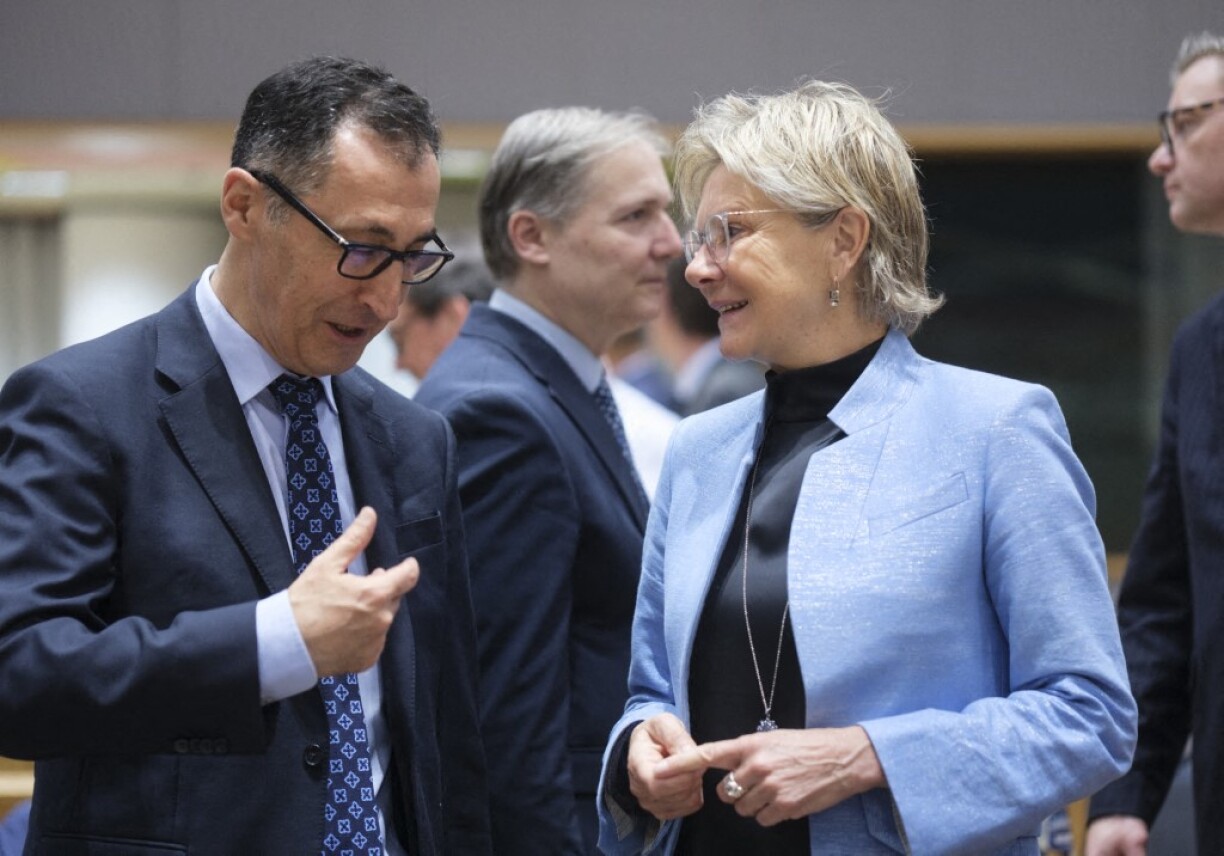
The European Union’s new anti-deforestation regulation, which requires companies importing products like cocoa, coffee, soy, palm oil, or timber to trace their origins using geolocation and satellite data, is currently set to come into effect at the end of 2025. Its original implementation date – end of 2024 – was already delayed under pressure from Brazil, the US, and Germany.
At Monday’s EU Agriculture Council in Brussels, Luxembourg Agriculture Minister Martine Hansen, speaking on behalf of 11 EU member states, warned that the regulation imposes “excessive and in some cases unworkable” demands on European farmers and foresters – especially in countries where deforestation is not an issue.
The joint Luxembourg-Austrian proposal calls on the European Commission to introduce a new “zero-risk country category”, which would exempt countries with negligible deforestation risk – like Luxembourg – from the most burdensome controls and reporting obligations.
“Official checks are essential to ensure compliance, but they should not result in unnecessary administrative burdens for farmers in countries where deforestation is not a problem”, Hansen stated. “In fact, forested areas in the EU have increased significantly in recent decades, and in Luxembourg, deforestation is explicitly prohibited by law.”
The minister is urging the European Commission to include the deforestation regulation in its broader simplification efforts. So far, 19 EU Member States have expressed support for this request.
The anti-deforestation law has not only provoked strong reactions from within but also from outside the EU. While intended to prevent the import of goods linked to deforestation, it has faced criticism from agribusiness lobbies and governments in Africa, Asia, and South America, who say it unfairly burdens small producers.
The current push to revise or delay the law comes amid a wider shift in EU politics, with several environmental regulations from the von der Leyen Commission now under review in favour of a more business-friendly approach.
Monday’s Council also featured a policy debate on the European Commission’s new ‘Vision for Agriculture and Food’ approach.
Hansen welcomed the focus on food sovereignty and agricultural resilience, while underlining Luxembourg’s key priorities: Respect for national specificity, a dedicated livestock and protein strategy, reciprocity in trade standards with third countries, preserving competitiveness, and a separate Common Agricultural Policy (CAP) budget that reflects ambitions.
While Hansen welcomed the Commission’s ‘Omnibus’ simplification package, she stressed the need for deeper simplification, particularly regarding cross-compliance and control procedures. She also noted that a full CAP reform by 2028 would be unrealistic due to the legislative and administrative timelines involved.
Turning to the agricultural market outlook, Hansen said weather conditions in the coming weeks would be critical for Luxembourg’s cereal and wine production. She noted persistently high input costs and pointed to recent tariff increases on Russia and Belarus as factors to monitor, especially in relation to fertilisers.
The minister described the grain market as “encouraging” but raised concerns about the potential impact of blue-tongue disease on the dairy and beef sectors. Given that over half of Luxembourg’s agricultural land is permanent grassland, she stressed that developments in livestock are of particular concern.
Finally, Hansen expressed Luxembourg’s support for a coordinated European effort to promote vaccination and improve vaccine availability across the bloc.